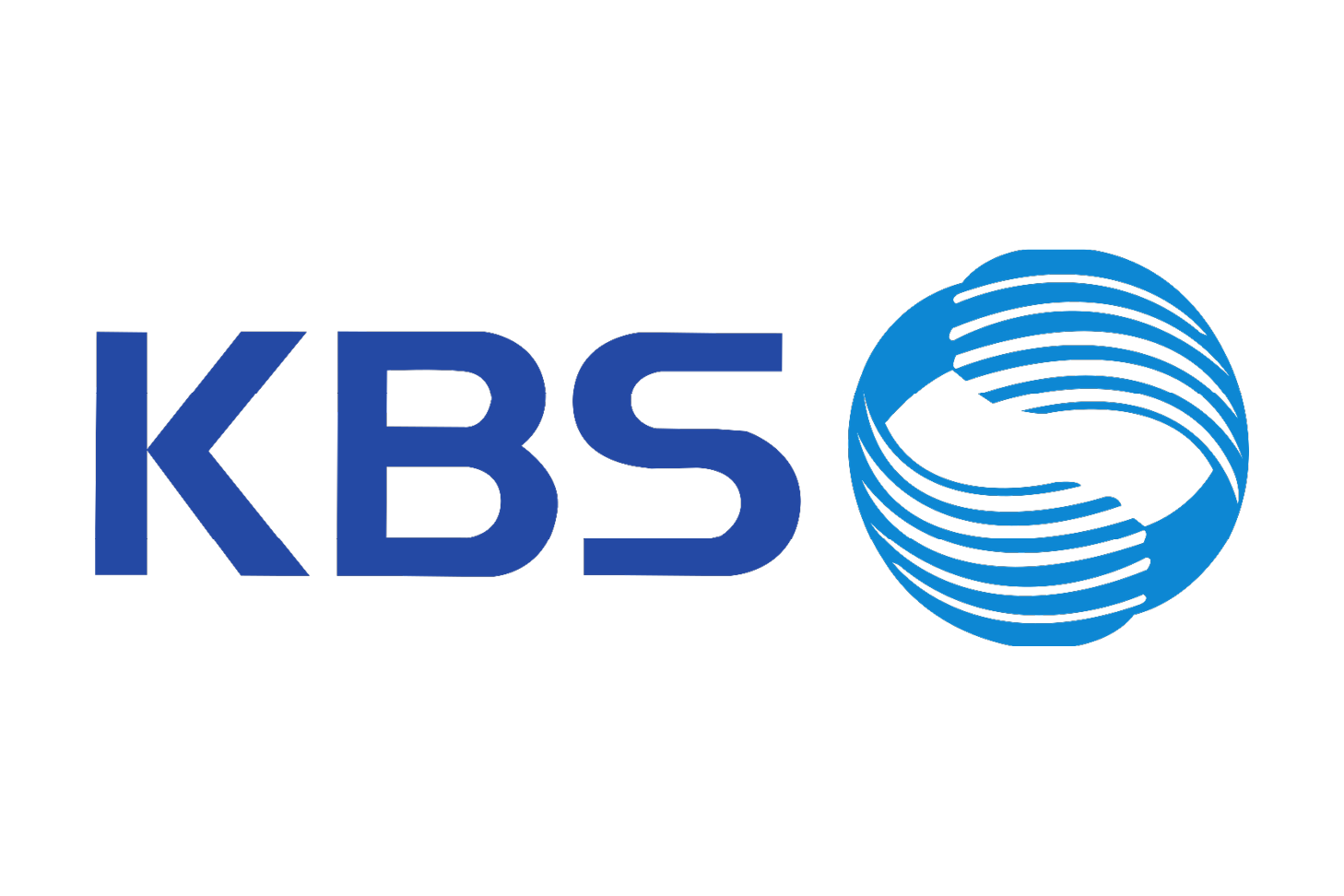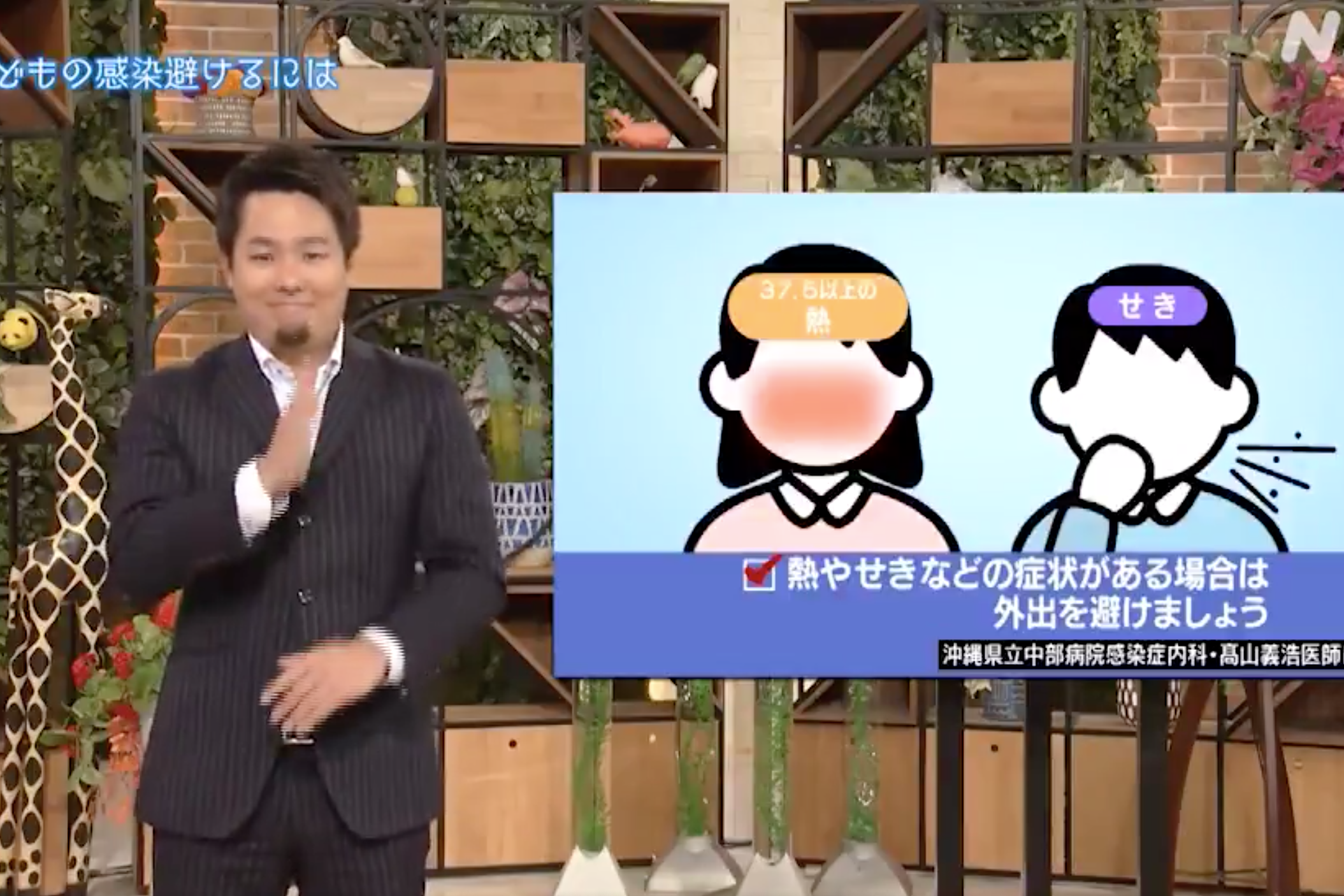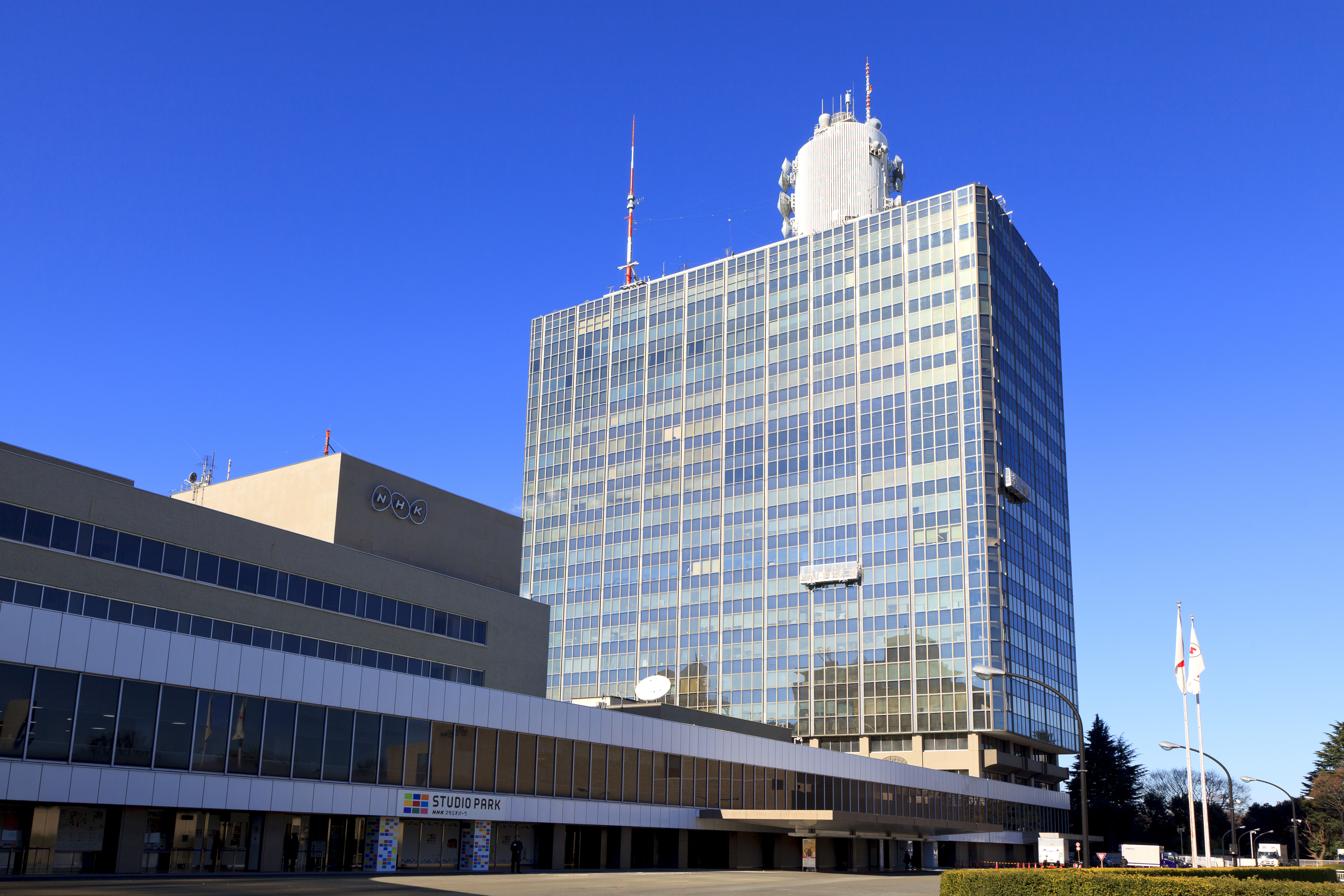Proposals are being considered to increase the cost of the licence fee for KBS in South Korea, while there are plans to reduce the licence fee for NHK in Japan.
Unlike most public broadcasters in the Asia-Pacific region, Nippon Hoso Kyokai (NHK) and the Korean Broadcasting System (KBS) rely heavily on licence fee income. Where effective, the mechanism allows public media organisations to be financially and editorially independent while being an important way for them to be more accountable to those who pay for it. The fees have long been the focus of debate in Japan and Korea, due partly to their cost and operation. But now, it seems, the debates have culminated in two very different proposals.
KBS
In a meeting last week, KBS’ Board of Directors submitted a proposal to increase the cost of its licence fee to 3,840 won per month. If approved, this will be the first increase in the licence fee for 40 years. The fee has been earmarked at 2,500 won per month since 1981.
Yang Sung-Dong, President and CEO of KBS, explained how the additional funding would be used if the increase was approved: “The draft proposal primarily aims to create ways to overcome ever-growing challenges on the KBS’ vital responsibilities to fulfil public service missions. The proposal will also allow KBS to enhance its unwavering commitment to [a] high quality emergency broadcasting service, and contribute to quality service for all audiences.” He explained that the upcoming plans would help to futureproof KBS against competition from large streaming giants such as Netflix, and the broader challenges of a changing media landscape. More detailed plans will be explored in a future Board meeting.
But according to The Korea Times, there have been public outcries against similar proposals in the past due to scepticism regarding the relevance of the broadcaster in the digital age.
NHK
Meanwhile, Japan’s public broadcaster, NHK, has announced plans to reduce the cost of its licence fee by around 10% in fiscal year 2023. The fee is currently set at a monthly rate of ¥2,170 for satellite broadcasting (¥1,225 for terrestrial broadcasting). According to the Japan Times, this would be the largest reduction to the public broadcaster’s licence fee since its introduction in 1968 and the second cut in the past decade.
This follows mounting pressure for the public broadcaster to reduce its licence fee and criticism about its payment collection process. Last year, Communications Minister, Ryota Takeda, called for the licence fee to be cut and suggested, “Starting work to cut the fees to reduce burdens on households amid the novel coronavirus epidemic is what the public broadcaster should do.”
To help make up for the shortfall in revenue from the proposed reduction, NHK revealed that it would be cutting its managerial staff by around 30% alongside other cost-cutting and structural reforms such as an early retirement programme.
Concerns about editorial independence
In recent years, there have been concerns about KBS’ level of independence from the government, which stem from the process through which the South Korean President approves Board member appointments. While many public broadcasters follow similar procedures requiring government approval, this can spark legitimate concerns about editorial independence.
In its 2019 Annual Report, KBS demonstrated this awareness of these concerns by restating its commitment to editorial independence via an amendment to its to ensure better protections.
In Japan, NHK emphasises that “the receiving fee system ensures NHK’s financial independence, which guarantees NHK’s editorial independence and impartiality.” The public broadcaster also adheres to the Broadcasting Act of 1950, which legally protects it from outside interference or regulation. But there have been similar calls for improved regulation and governance of NHK following concerns about self-censorship and pressure from outside sources over programme content.
Value of the licence fee
Both public broadcasters have refined their brands as trusted sources of news and information, especially during times of crises and emergencies. This is reflected in the high levels of trust that audiences have in them.
KBS was voted the most trusted media outlet in South Korea during the COVID-19 pandemic. At the start of the pandemic, KBS launched the ‘COVID-19 Integrated Newsroom’ to help keen the nation informed about the latest COVID-19 information. Emergency broadcasting has also been at the forefront of NHK’s work since its founding. According to the Reuters Institute 2020 Digital News Report, NHK is the most trusted source of news in Japan.
NHK and KBS have also paved the way for technological innovations. In recent years, NHK has experimented with 8K broadcasts for emergency coverage as well as plans to use it in its Olympic games coverage. Meanwhile, KBS recently revealed its plans to develop more 8K content.
Yet despite their important societal role, if the public are to continue to fund them, KBS and NHK must ensure that they not only remain relevant for their audience, but also maintain their trust. This can only be done by protecting their editorial independence and by remaining transparent and accountable – three core ideals of public media.
Header Image: NHK Shibuya, Tokyo, Japan. Credit: mizoula/istock


